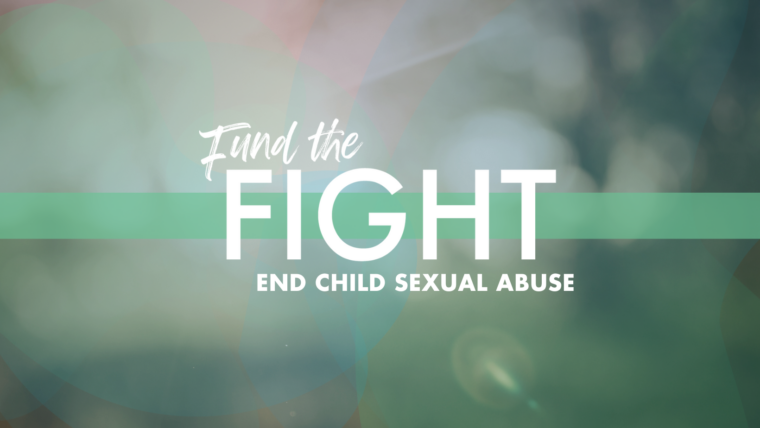Any adult professional who works with children is a mandated reporter. This means that you are legally responsible for reporting suspected or disclosed abuse.
Para Español, vaya aquí.
Mandated reporter laws may be in place in your state that typically requires people who work closely with children in their profession to alert the police or the appropriate authorities as to suspected abuse. Mandated reporters include teachers, healthcare personnel, mental health professionals, employees in youth serving organizations, law enforcement, and other professions as required by mandated reporter laws. In some states, all adults are considered mandated reporters. If a child is in immediate danger, always call 911.
Mandatory Reporter FAQs
When a child discloses abuse it is very important to listen without expressing anger or suspicion. First, children need to know that the abuse is not their fault. Listen carefully and then ask only open-ended questions, such as “and then what happened?” If possible, determine what happened, where, when and by whom. This is sometimes called a “good faith” report. Do not ask leading questions and do not try to conclude information, even if you are sure you know the answers. This can re-traumatize the child and contaminate the investigation.
Do not attempt to investigate further or probe for details – do not look for physical signs. Promptly report to law enforcement agencies, child protection services, or both. Do not make false promises to the child such as maintaining the confidentiality of your report. Trained professionals need to collect facts and details, and this could include talking with the child.
All states designate certain professionals as mandated reporters, and some states require all citizens to report child abuse. A mandated reporter is required by law to report abuse if there is reasonable suspicion. Check mandatory reporting laws in your state to determine if your profession is included in those required to report. Regardless of the specific mandated reporter laws, all adults must report suspected abuse to protect children.
Most states require that the person who has reasonable suspicion be the one to make the report. DO NOT delegate this to someone else, even your supervisor.
At a minimum, you will need to provide:
- the child’s name
- address
- age of the child
- the name or names of parents or guardians
- the type of abuse
- the name of the person committing the abuse and any relationship with the child
Include any other details that are useful, but if the child does not volunteer this information do not continue to question. Law enforcement agencies or child protective services will carry out the investigation, and you can add details to the report if they become available later. You can track the report any time through child protective services, who should be able to provide you with information on the status of the investigation.
Most state laws indicate that a report must be filed when there is reasonable suspicion that a child has been abused, is being abused, or is at risk of being abused. Mandated reporters must report as soon as you have reason to believe that there is a case of abuse or if the child discloses to you. You do not need proof or knowledge beyond a reasonable doubt that abuse is occurring. Some state laws indicate “reasonable suspicion” as a requirement to make the report. Again, this means that you so not have to have proof, only reasonable suspicion of abuse. Do not wait for more evidence or information to make the report.
State laws vary as to who should receive a report of child sexual abuse; sometimes it is the child protection services or the Department of Family and Child Services in your county, or it may be law enforcement or a mandated reporter hotline. The laws of your state may also specify a timeframe that a mandated reporter must report within; it is usually immediately after having reason to believe that a child is being abused or no more than 24 to 48 hours following. Some states may require a written report be submitted as a follow-up to a report made by telephone.
It is better to act in the best interest of the child. The agency to which you submit the report will help determine whether there is sufficient information to proceed. If there is none, the report will remain in the archives. If you receive additional information you can call and add that information to the report. If additional reports on the same child are made, sometimes there are multiple reports which may lead to an investigation.
It is better not to contact parents before making a report. Doing so could result in retaliation to the child, destruction of evidence, or the temporary removal of the alleged abuser from the home. Under certain conditions you may need to maintain open communication with the parents. When this happens, never accuse the parents of having done something wrong and explain that you are legally obligated to make a report.
No. Those who make a report in good faith are protected from legal risks.
You do not need to give your name unless you are a professional required to report by the laws of your state; however in all cases the contact information of persons required to report is confidential and protected by law. Although they are allowed anonymous reports, it is helpful to give your name if more information is needed.
A mandated reporter who fails to make a report is committing a crime. Penalties vary by state. Your state laws define the type of crime and jail time and / or any fine imposed.
Are you a mandated reporter? Have you completed mandated reporter training? Do you know what to do if you suspect abuse?
Take the Recognizing and Reporting Child Abuse and Neglect training to learn your legal obligations as a mandated reporter defined by your state, learn mandated reporter scenarios, and get a certificate.



